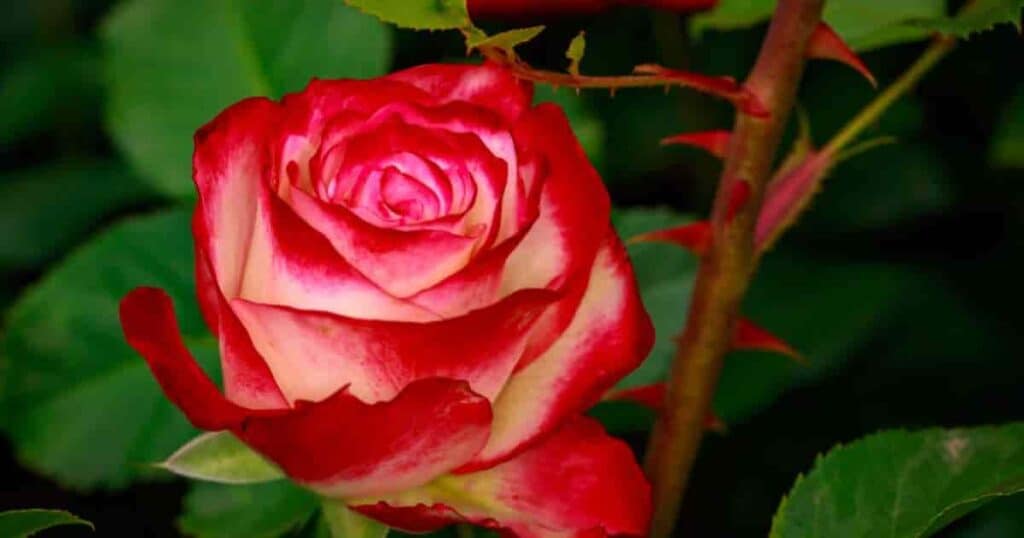In the spring it is easy to find info on how to fertilize roses. But what are some things you should NOT DO? Here are 10 Things not to do when fertilizing roses. Below you’ll also find a video from rose expert Paul Zimmerman with his fertilizer tips.
10 Things Not TO DO When Fertilizing Roses
Don’t Over-fertilize
Avoid the temptation to over-fertilize, thinking more is better. Too much fertilizer can burn the roots, stress the plant, and lead to poor growth and fewer blooms.
Don’t Fertilize Right After Planting
Newly planted roses, especially in soil already prepared with fertilizer, shouldn’t need immediate fertilizing. Allow them to establish before starting a fertilization routine.


Don’t Ignore Soil Testing
Before you start mixing your own fertilizers, it’s wise to perform a soil test to understand what nutrients your soil really needs. Applying the wrong balance can harm plant health.
Don’t Use Only Synthetic Fertilizers
Relying solely on synthetic fertilizers can deprive roses of the benefits of organic matter. Using well-rotted manure (Steer – Cow) or compost can improve soil structure and provide nutrients more gradually.
Don’t Fertilize During Dormancy
In cooler climates or when roses are dormant, they won’t benefit from fertilizing as they’re not actively growing. Wait until the first signs of new growth appear in spring.


Don’t Apply Fertilizer to Dry Soil
Applying fertilizer to dry soil can cause root burn. Ensure the soil is moist, or water your roses before applying fertilizer.
Don’t Forget to Water After Fertilizing
Watering after applying granular fertilizers helps to dissolve them and carry the nutrients down to the roots where they’re needed.
Don’t Fertilize Late in the Season
Avoid fertilizing roses late in the growing season. Late fertilization can encourage new growth that won’t have time to harden off before winter, leading to frost damage.


Don’t Neglect Mulching
While not directly related to fertilizing, failing to mulch after fertilizing can lead to moisture loss and temperature fluctuations that can stress plants. Mulch helps retain moisture and regulate soil temperature.
Don’t Ignore Manufacturer’s Instructions
If using commercial fertilizers, always follow the manufacturer’s recommended rates and application timings. Over- or under-application can result in poor plant health and blooming.
Fertilizing Tips From Rose Expert Paul Zimmerman
Rose expert Paul Zimmerman shares his expertise on rose fertilization, along with providing professional tips and techniques for optimal rose health and blooming. Paul gives a simple and effective feeding program for garden roses and other plants. He recommends using three products:
- A time-release fertilizer -The time-release fertilizer is applied in the spring
- A seaweed-based fertilizer – the seaweed-based fertilizer is used every three weeks
- An organic rose food – the organic rose food is applied in late summer.
Overall, the program is easy to follow and provides great results.





